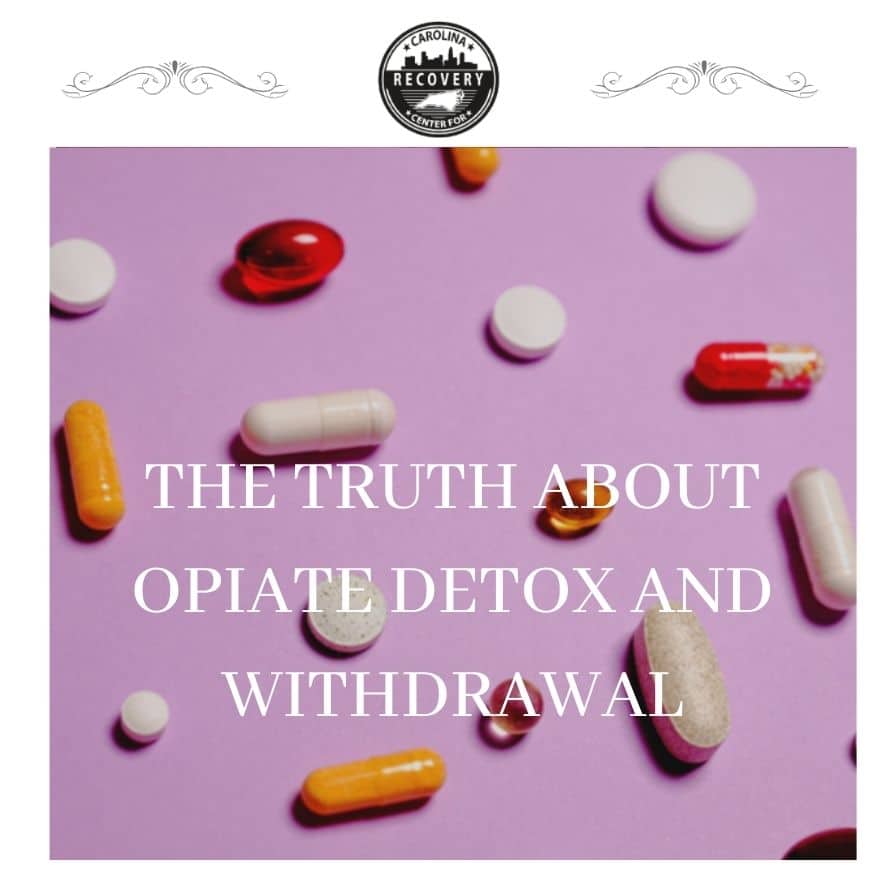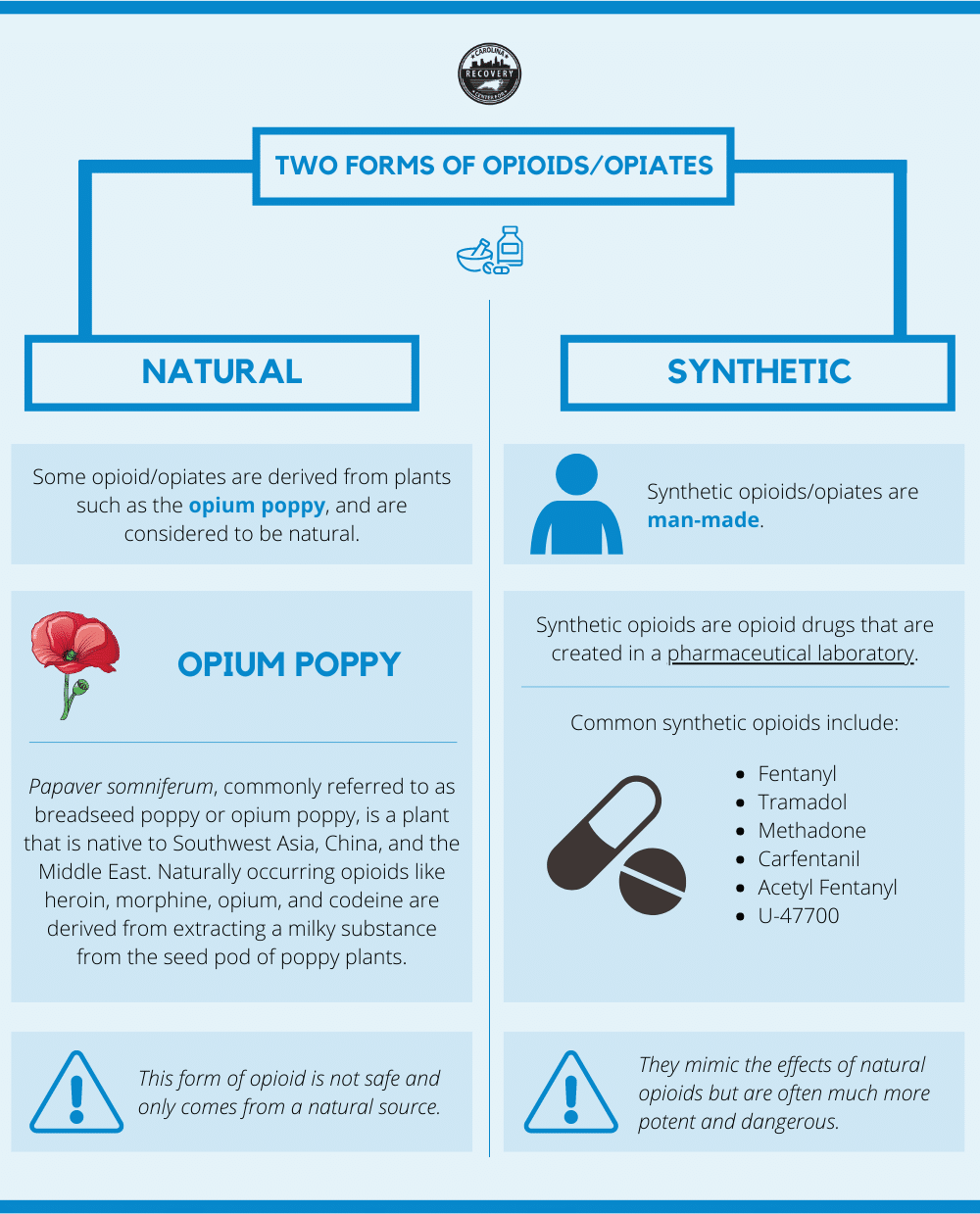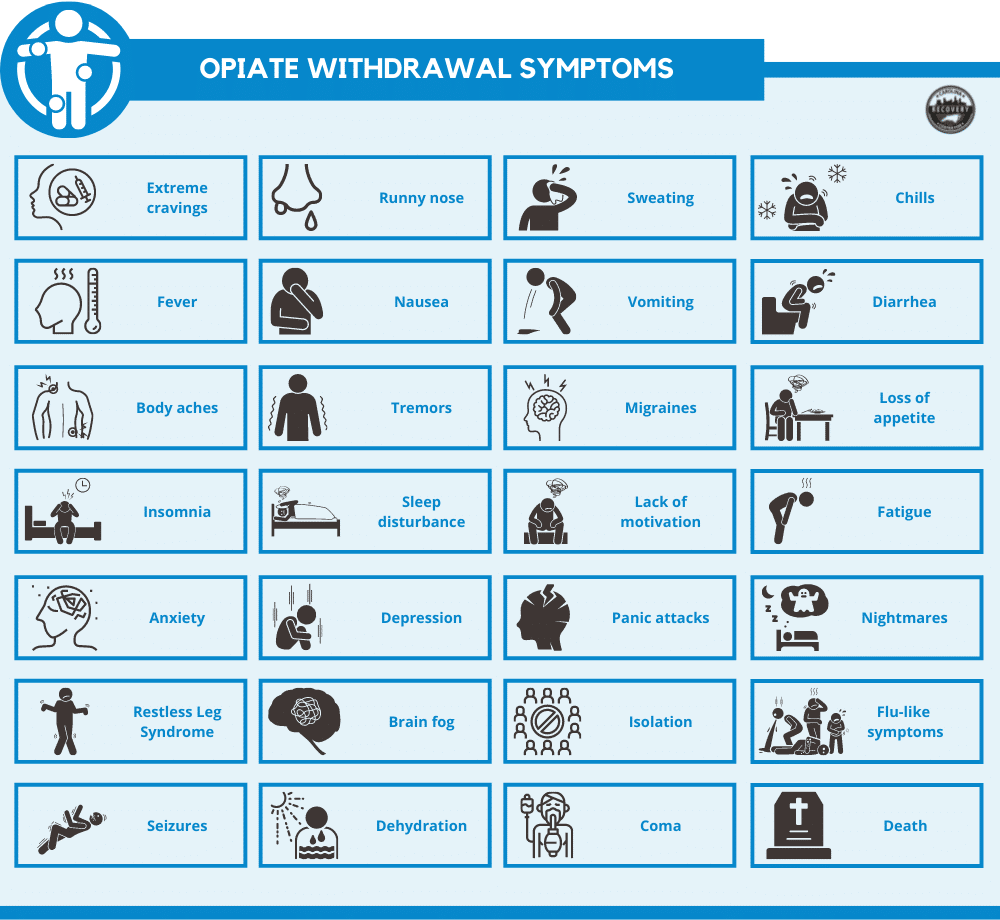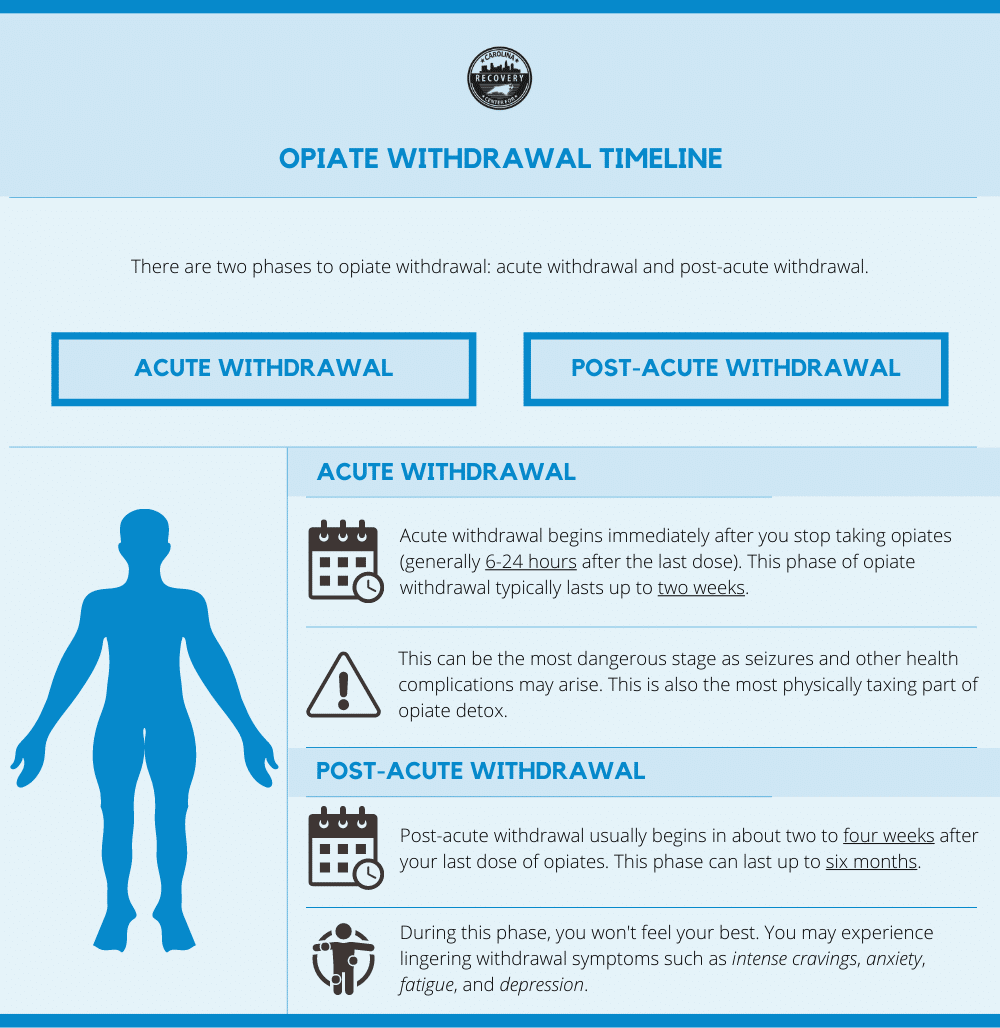The Truth About Opiate Detox and Withdrawal

Medically Verified: 2/1/24
Medical Reviewer
Chief Editor

All of the information on this page has been reviewed and verified by a certified addiction professional.
The Truth About Opiate Detox and Withdrawal
Individuals who struggle with opiate addiction generally fear the thought of having to endure opiate detox and withdrawal. This includes individuals who may be addicted to heroin or prescription drugs such as Hydrocodone, Morphine, Oxycodone, and Fentanyl. Many opiate addicts are ready to get sober, but they are terrified of what will happen once they begin to experience withdrawal symptoms. This fear typically keeps opiate addicts enslaved to the vicious cycle of addiction.
Opiate Detox – Short Term Sacrifice, Long Term Gain
It does not take long for withdrawal symptoms to wreak havoc on your body as you suddenly stop using opiates. Essentially, your body begins a violent protest once it no longer has the drugs. Intense physical and ravishing mental withdrawal symptoms can be seemingly insurmountable as you begin to detox from opiates.
Opiate withdrawal can be extremely difficult to navigate – even for the seemingly invincible addicts. Words cannot appropriately express how uncomfortable opiate detox can be. Opiate withdrawal can bring even the strongest of individuals to their needs. Most importantly, this process can be potentially fatal or medically risky if it is not properly monitored and treated.
What is the Difference Between Opiates and Opioids?
A common question has always been “What is the difference between opiates and opioids?” For many years, there was a distinction explained between opiates and opioids. However, this is no longer the case.
Opiates are classified as anything naturally derived from the opium plant such as heroin, morphine, and codeine. Previously, the term “opioid” was used to describe synthetic substances combining opium and additive chemicals such as Oxycontin, Oxycodone, and Fentanyl. However, these closely related terms began to cause much confusion, creating the assumption that the withdrawal amongst these substances was different.
Doctors and other medical professionals have begun using the term “opioids” to describe any opium-based substance. This minimizes confusion and also clarifies that no matter which of these substances are abused, the withdrawal symptoms are the same as well as treatment options.[1]

What is it Like to Withdrawal From Opiates?
Each individual experiences opiate detox and withdrawal differently. Some people may experience certain symptoms while others may not. Each person’s tolerance for pain is different as well as the number of opiates they abuse and the duration of the addiction. Therefore, physical pain and mental anguish vary on an individual basis. Some people may experience more severe withdrawal symptoms than others.
Factors that contribute to the severity of opiate withdrawal symptoms include:
- How much you have been using
- Duration of opiate abuse
- Underlying mental health disorders
- Medical History
- Age
- History of chronic pain
- Mixing opiate abuse with other substances
- Overall health
It is important to remember that no matter how long you have been abusing opiates, opiate detox is uncomfortable. Although this process is uncomfortable, the sacrifice is nothing in comparison to the gain of recovering from opiate addiction. Opiate withdrawal symptoms may include:[2]

- Extreme cravings
- Runny nose
- Sweats
- Chills
- Fever
- Nausea
- Vomiting
- Diarrhea
- Extreme total body aches
- Tremors
- Migraines
- Loss of appetite
- Insomnia
- Sleep disturbance
- Lack of motivation
- Extreme fatigue (physical exhaustion)
- Anxiety
- Depression
- Panic Attacks
- Nightmares
- Restless Leg Syndrome (RLS)
- Brain fog
- Isolation
- Flu-like symptoms
- Seizures, dehydration, coma, death (extreme cases)
Opiate Withdrawal Timeline

There are two phases to opiate withdrawal: acute withdrawal and post-acute withdrawal.
Acute withdrawal begins immediately after you stop taking opiates (generally 6-24 hours after the last dose). This phase of opiate withdrawal typically lasts up to two weeks. This can be the most dangerous stage as seizures and other health complications may arise. This is also the most physically taxing part of opiate detox. Without participating in a medically supervised detox program, many people relapse because they are unable to bear the discomfort of acute withdrawal symptoms.
Post-acute withdrawal usually begins in about two to four weeks after your last dose of opiates. This phase can last up to six months. During this phase, you won’t feel your best. You may experience lingering withdrawal symptoms such as intense cravings, anxiety, fatigue, and depression. The mental obstacles during the post-acute withdrawal phase of opiate detox can be very difficult.
Medically Supervised Detox and Opiate Withdrawal
Medical detox includes 24/7 supervision of a doctor and other medical staff as you experience the most intense phase of opiate withdrawal. Patients are monitored around-the-clock to ensure that the opiate detox is completed safely and as comfortable as possible. Opiate detox generally lasts three to ten days (depending on the circumstances) and reduces the likelihood of medical complications and risks.
In a medically supervised detox program, patients are administered comfort medications to promote overall wellness. These medications may include tranquilizers, anti-seizure medications, sedatives, antipsychotics, and sleep aids. The goal of this type of detox program is to lessen the painful symptoms of opiate withdrawal while minimizing cravings and reducing the chances of seizures and other health risks. These prescription medications are only administered under the supervision of a doctor.
Once the detox is complete, the patient is often encouraged to continue on with addiction treatment services and given the option to participate in medication-assisted treatment (MAT).
Medication-Assisted Treatment (MAT)
While under the supervision and care of a physician and participating in a drug rehab program, you also have the option to taper off of opiates through medication-assisted treatment (MAT). The goal of MAT is to lessen the opiate withdrawal symptoms and reduce cravings as you participate in a substance abuse treatment program. While you are tapering, you will participate in substance abuse treatment as well as a number of other therapies. This is a solid foundation to teach you how to maintain long-term sobriety.[3]
Opiate Addiction Treatment at Carolina Center for Recovery
Once you have completed the initial opiate detox process, it is important for you to complete treatment for your opiate addiction. Carolina Center for Recovery is a dual-diagnosis treatment facility located in Charlotte, NC. Carolina Center for Recovery offers individualized, extended-term opiate addiction treatment in an intimate and comfortable setting. We take a holistic approach to treating addiction, offering a variety of treatment modalities centered around identifying and resolving the underlying issues associated with the addiction. Each client enrolled in our program will receive individual attention from a therapist and psychiatrist as well as gaining exposure to a multitude of traditional and alternative therapies. When you first arrive at Carolina Center for Recovery, you will have the opportunity to participate in a medical and psychiatric evaluation. Once our team maps out your treatment plan, you will take the first step in your journey towards recovery with the guidance of Carolina Center for Recovery’s clinical, medical and holistic teams.
References:

